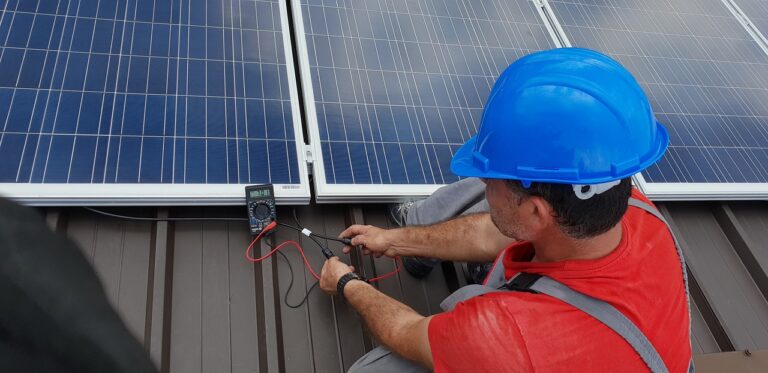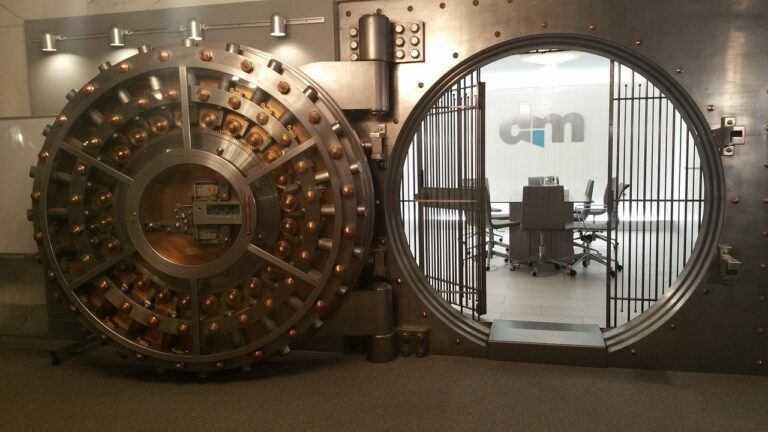Trends in Sustainable Water Management: Conservation and Recycling
One of the key challenges in water management is the increasing demand for water resources due to population growth and industrial development. This puts pressure on existing water sources, leading to depletion and potential water scarcity in many regions. Additionally, climate change and extreme weather events further exacerbate the stress on water systems, affecting both the quality and quantity of available water.
Inefficient water infrastructure and outdated management practices also contribute to the challenges in water management. Aging water delivery systems, leaky pipes, and outdated technologies result in water losses and decreased efficiency in water distribution. Lack of proper monitoring and data collection further hinders effective management of water resources, making it difficult to implement sustainable solutions to address the growing water challenges we face.
Innovative Technologies for Water Conservation
Water conservation is a critical aspect of sustainable resource management in today’s world. As water scarcity becomes a growing concern, innovative technologies have emerged to help address these challenges. One such technology is the use of advanced irrigation systems that employ precision techniques to deliver water directly to the root zones of plants, reducing water wastage significantly.
Another innovative technology gaining traction is the implementation of smart water meters. These devices provide real-time data on water usage, helping consumers and businesses monitor and control their water consumption more effectively. By identifying leaks and inefficiencies in water systems, smart water meters play a crucial role in promoting water conservation efforts at the individual and community levels.
Importance of Sustainable Water Practices
Sustainable water practices are crucial for preserving our planet’s most vital resource. By efficiently managing our water resources, we can ensure their availability for future generations. Implementing sustainable practices not only safeguards our environment but also helps in maintaining a balance between economic development and environmental protection.
Conserving water through sustainable practices is necessary to address the increasing global water scarcity. By reducing water wastage and pollution, we can mitigate the impact of climate change and ensure access to clean water for all. Embracing sustainable water management practices is essential for creating a more resilient and sustainable future for our communities and ecosystems.
• Sustainable water practices are crucial for preserving our planet’s most vital resource.
• Efficiently managing water resources ensures availability for future generations.
• Implementing sustainable practices safeguards the environment and balances economic development with environmental protection.
• Conserving water through sustainable practices is necessary to address global water scarcity.
• Reducing water wastage and pollution helps mitigate the impact of climate change and ensures access to clean water for all.
• Embracing sustainable water management practices is essential for creating a more resilient and sustainable future for communities and ecosystems.
What are some common challenges in water management?
Some common challenges in water management include water scarcity, pollution, aging infrastructure, and increasing demand for water.
How can innovative technologies help with water conservation?
Innovative technologies such as drip irrigation systems, water recycling systems, and smart water meters can help in conserving water by reducing waste and improving efficiency in water use.
Why is it important to practice sustainable water practices?
It is important to practice sustainable water practices to ensure the availability of clean and safe water for current and future generations, as well as to protect the environment and ecosystems that depend on water sources.







